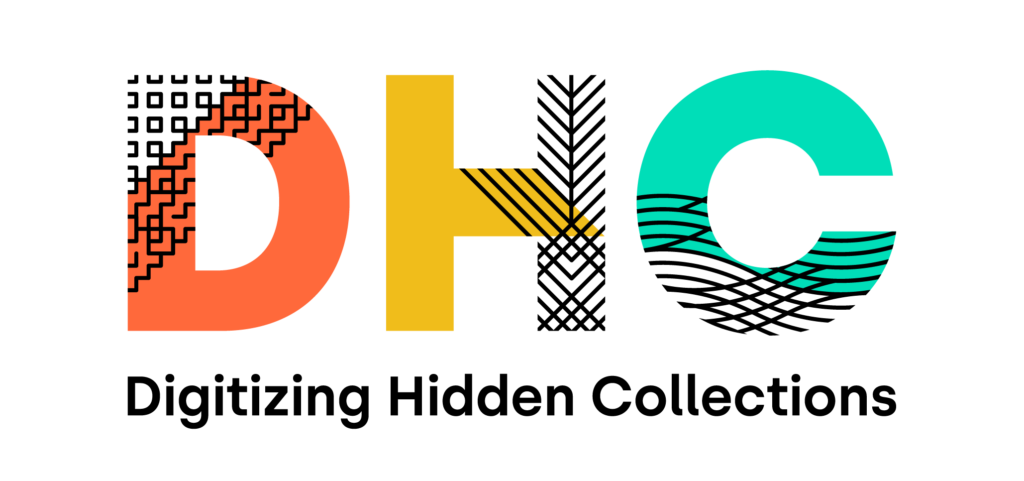Application guidelines and form become available
Home > Hidden Collections

Digitizing Hidden Special Collections and Archives: Amplifying Unheard Voices is a grant competition administered by the Council on Library and Information Resources (CLIR) for digitizing rare and unique content stewarded by collecting organizations in the US and Canada.
In 2021, the call for applications will focus on projects that propose to digitize materials that deepen public understanding of the histories of people of color and other communities and populations whose work, experiences, and perspectives have been insufficiently recognized or unattended.
These often “hidden” histories include, but are not limited to, those of Black, Indigenous, Latinx, and other People of Color; Women; Gay, Lesbian, Bisexual, Transgender, Non-binary, and other Genderqueer people and communities; Immigrants; Displaced populations; Blind, Deaf, and Disabled people and communities; and Colonized, Disenfranchised, Enslaved, and Incarcerated people.
The program is generously supported by The Andrew W. Mellon Foundation.
The program fuels the creation and dissemination of digitized special collections and archives as a public good.
The program supports digitization projects that will thoughtfully capture and share the untapped stories of people, communities, and populations who are underrepresented in digital collections in ways that contribute to a more complete understanding of human history.
The program prioritizes projects that foreground meaningful engagement with the underserved communities whose stories the source materials tell, and that build inclusive teams across institutional and geographic boundaries.
The program promotes forward-thinking strategies ensuring the long-term availability, discoverability, and interconnectedness of digitized content.
The program advocates for approaches to access, description, and outreach that make digitized content as widely available and useful as possible within legal and ethical constraints, centering digital inclusion and respect for materials’ local contexts.
Application guidelines and form become available
Last day to submit proposals for open application call
Applicants notified of advancement; final application opens for those invited
Full proposals submitted (for invited applicants only)
Applicants notified of awards; public announcement follows

Council on Library and Information Resources
211 North Union Street, Suite 100-PMB 1027,
Alexandria, VA 22314
contact@clir.org
CLIR is an independent, nonprofit organization that forges strategies to enhance research, teaching, and learning environments in collaboration with libraries, cultural institutions, and communities of higher learning.
Unless otherwise indicated, content on this site is available for re-use under CC BY-SA 4.0 License